Tom Waits moved from California to New York shortly after releasing Swordfishtrombones in 1983. The experimental arrangements of his eighth studio album put his lyrics into clearer focus, but it also began a transformation into something more abstract.
Videos by American Songwriter
In New York, Waits connected with musicians from the city’s experimental downtown music scene, quickly settling in and feeling at home in Lower Manhattan.
He released Rain Dogs in 1985. On it, he glides between old blues, jazz, Cuban dance, and the theatrics of composer Kurt Weill. With half-spoken, half-sung Beat poetry, Waits conducts a band that’d only just learned the songs before hitting the record button. A dangerous approach to support the eternally dangerous tales in his songs.
To celebrate 40 years of Rain Dogs, let’s look at four tracks from this Americana masterpiece.
“Big Black Mariah”
Whether one is being hauled off in a police van or a hearse feels like a distinction without a difference. “Big Black Mariah” is propelled by a backstreet rhythm section: drums, double bass, and the swamp blues of Keith Richards. The ragtag band stomps in a funeral march toward the unavoidable fate of a doomed soul. They call it the blues for good reason.
“Downtown Train”
“Downtown Train” breaks from the overarching bleakness of Rain Dogs. Waits wanted to craft a pop song, and he first attempted to record it with the album’s principal band. However, the inclusion of guitarist G. E. Smith, bassist Tony Levin, and drummer Mickey Curry further sets the track apart with the professional confidence of session musicians. Rod Stewart, Bob Seger, and Patty Smyth each covered “Downtown Train”. While Stewart and Smyth smoothed the edges of the original, Seger’s cover preserves the desolation behind the tune’s optimism.
“Clap Hands”
The wobbly groove in “Clap Hands” borrows from world music, with marimba, clanking metals, and a cymbal-less drum kit. Guitarist Marc Ribot dots the slinking rhythm with angular and stabbing anti-melodies. His notes offer the perfect dissonance for the kind of seedy characters lurking in the doorways of the story’s back alley. Waits describes the scene in a low voice like a cool cat with nine lives, keeping him slightly above the fray.
“Jockey Full Of Bourbon”
In “Jockey Full Of Bourbon”, the narrator is too drunk to stand but not too intoxicated to recite a debauched fairy tale. His raspy whisper describes the dark particulars like he’s surreptitiously trying to avoid the bad guys. The track’s Cuban beat makes the sinister carnival feel hypnotic. The narrator remains calm, but his coolness seems frozen by endless despair.
Photo by Aaron Rapoport/Corbis/Getty Images

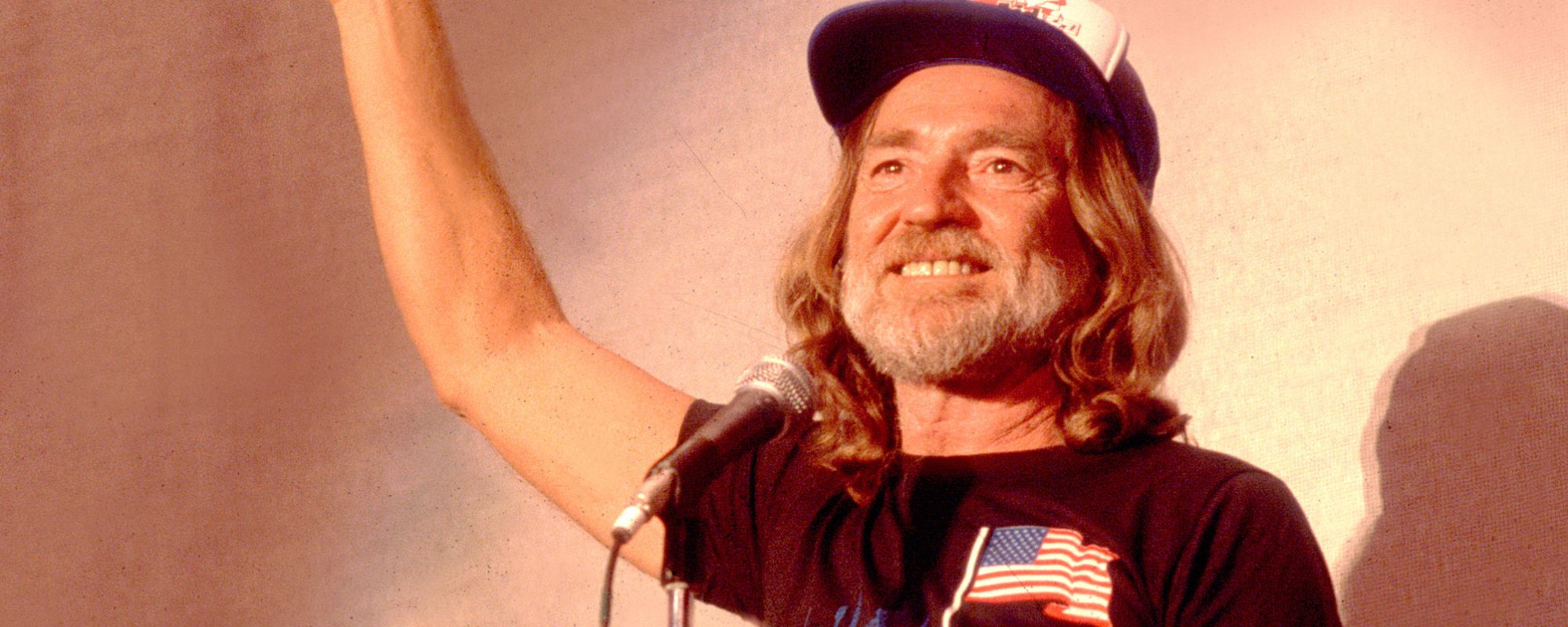
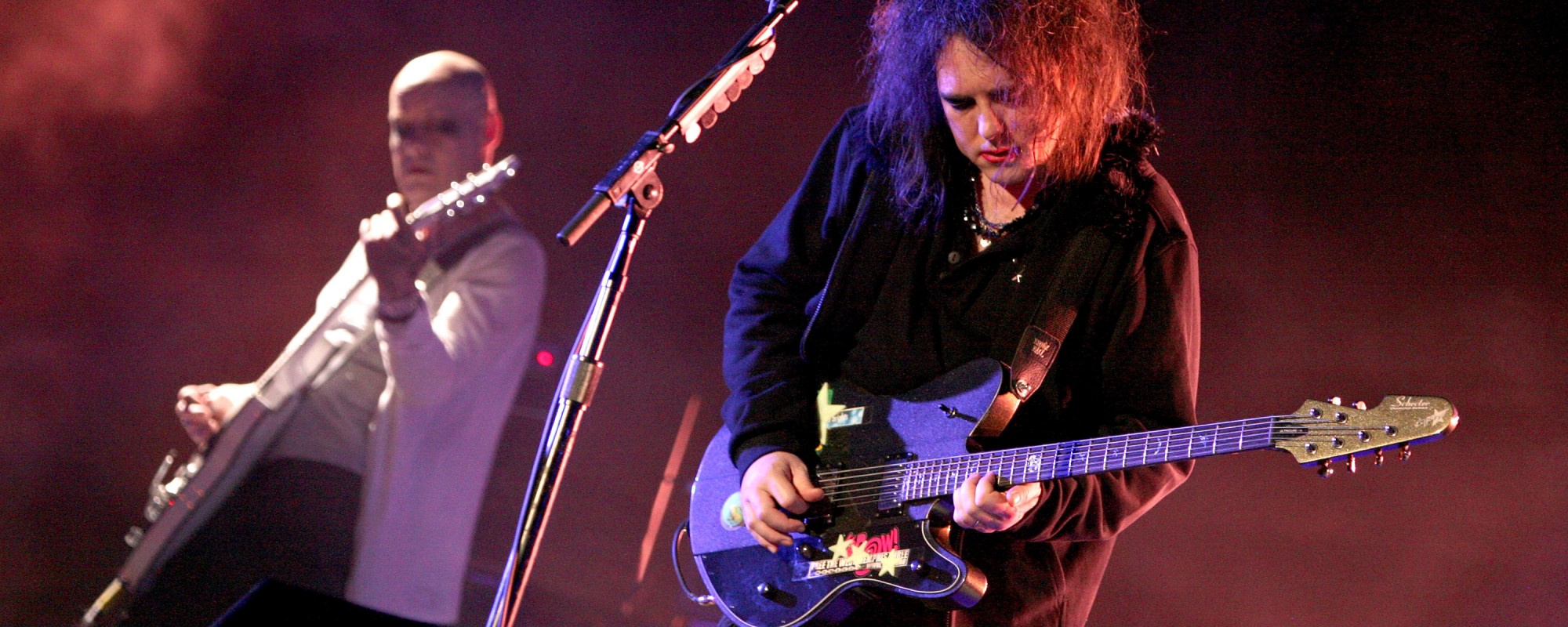
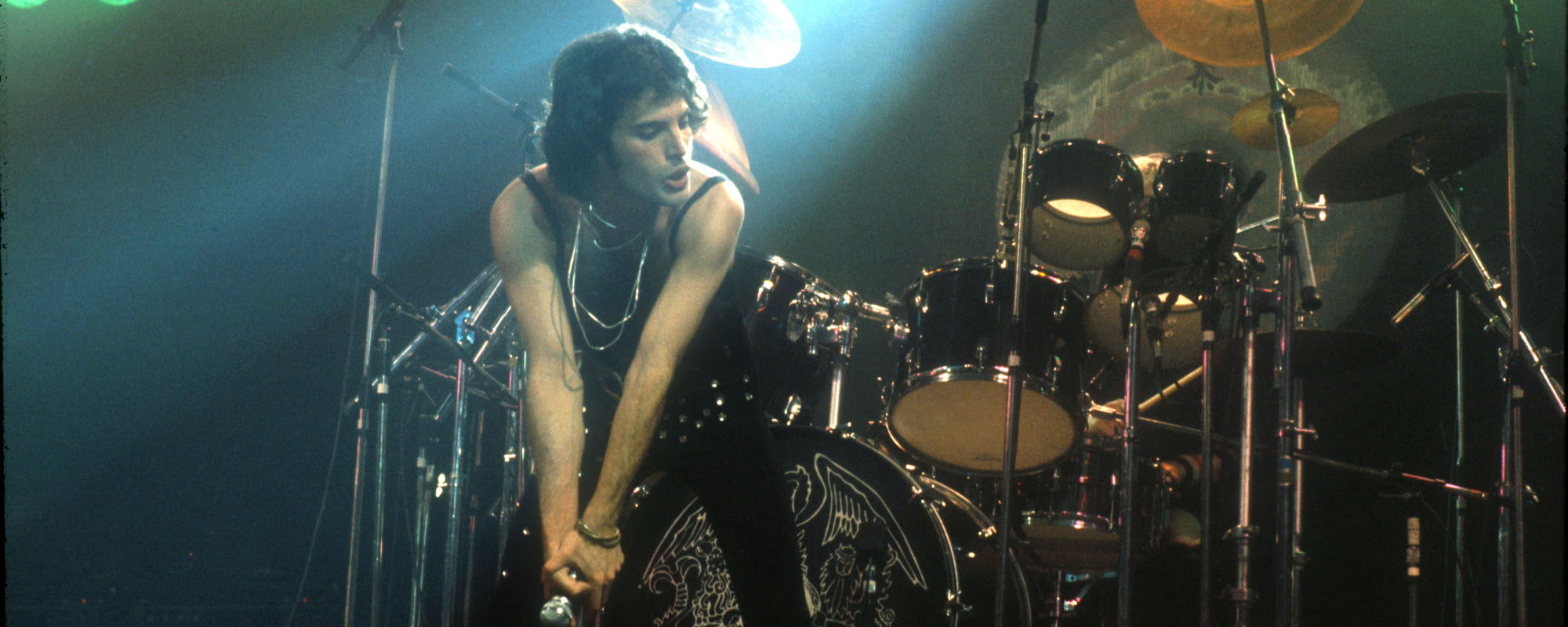
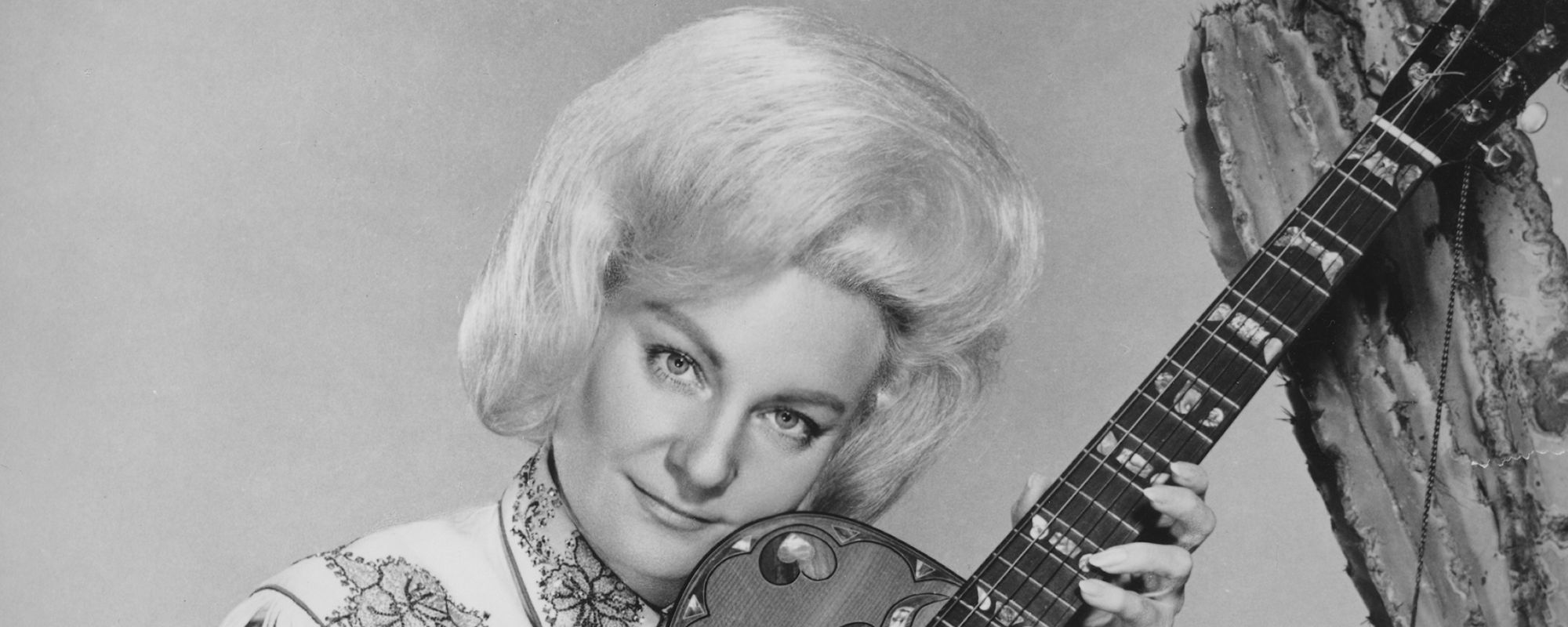
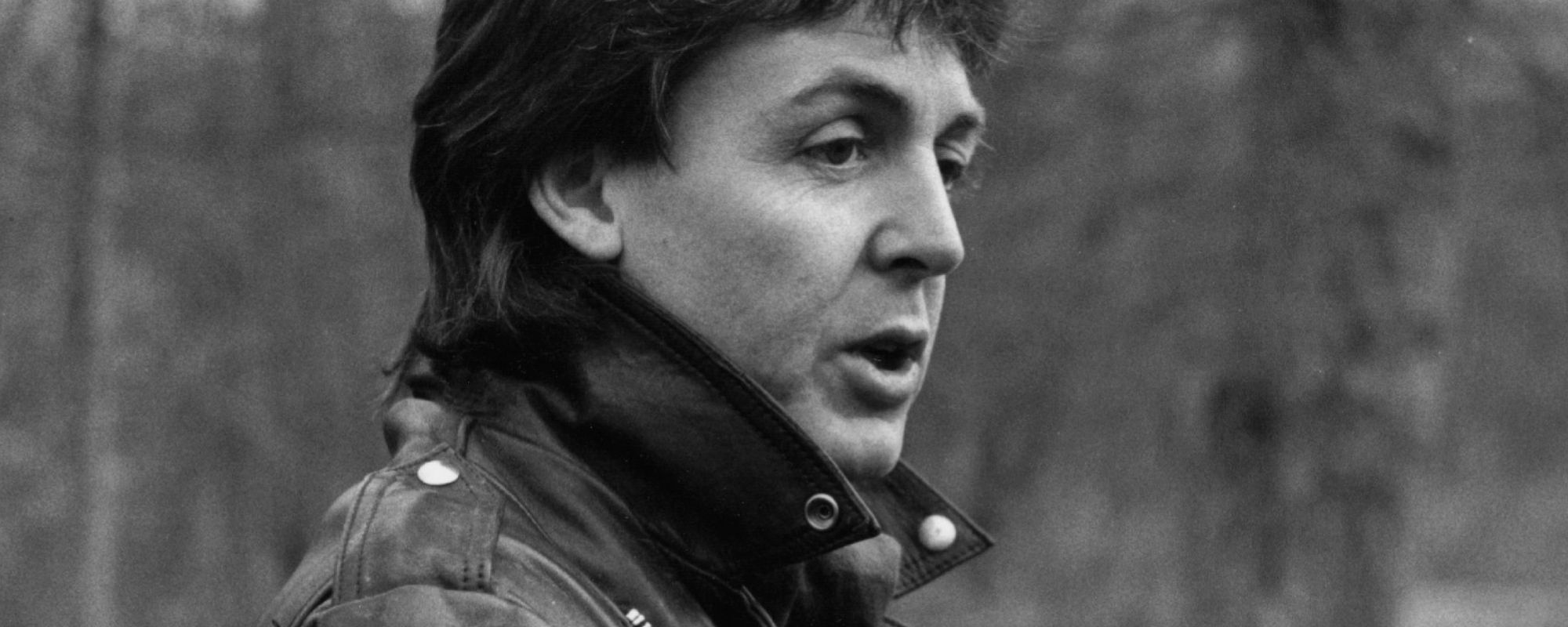

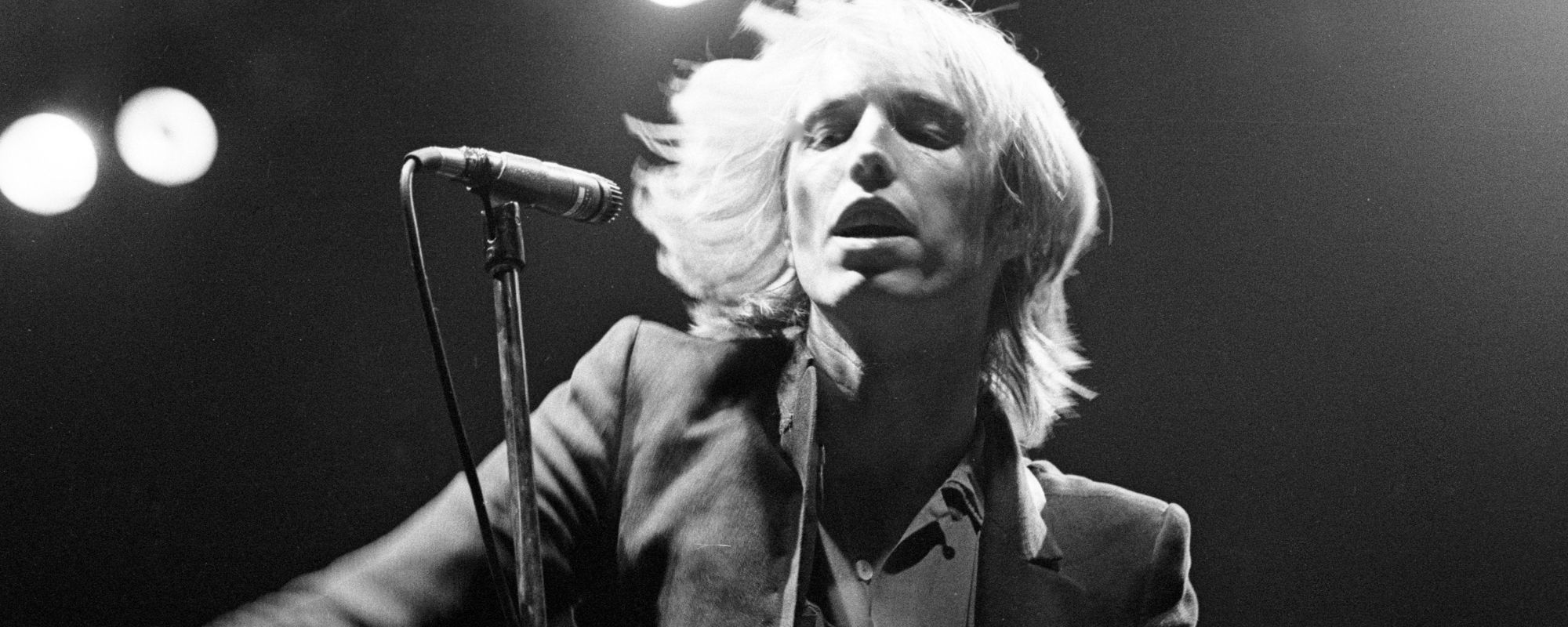


Leave a Reply
Only members can comment. Become a member. Already a member? Log in.